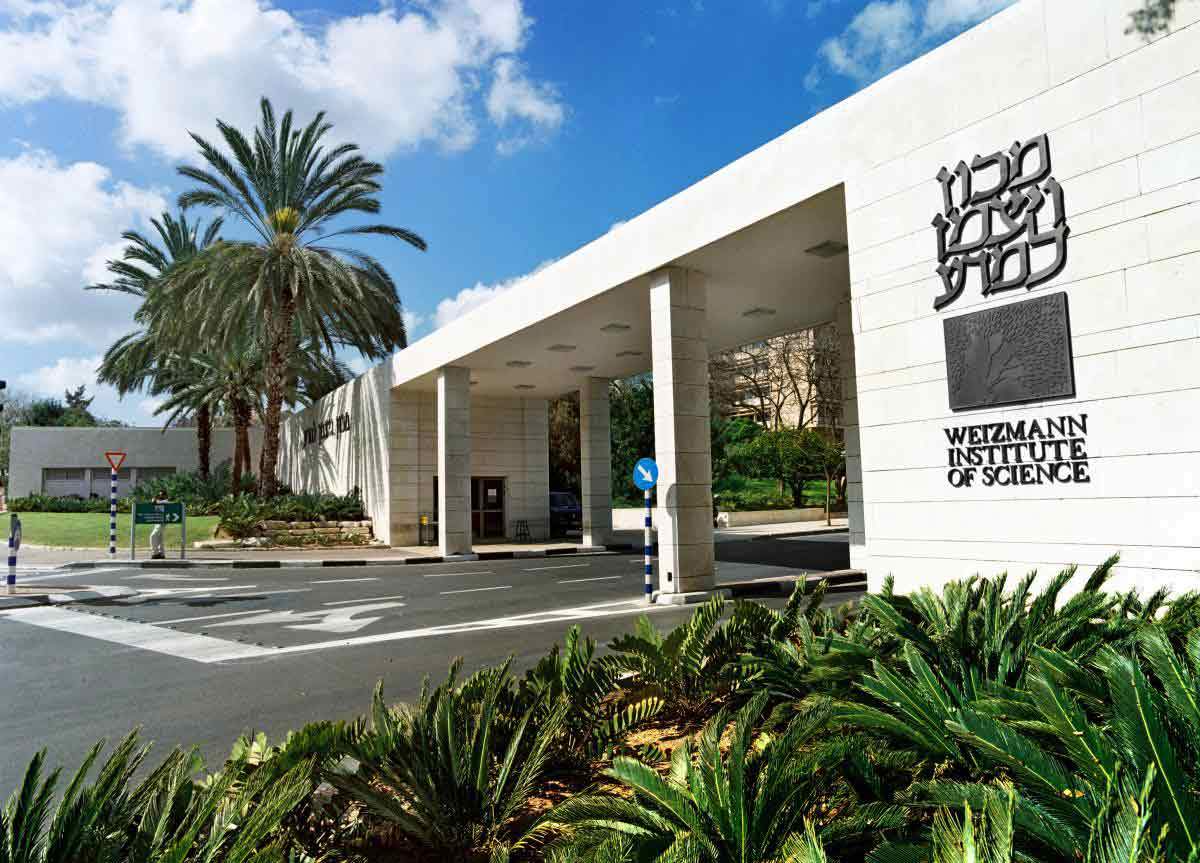
The Weizmann Institute of Science is one of the world’s leading multidisciplinary basic research institutions in the natural and exact sciences. The Institute’s five faculties – Biology, Biological Chemistry, Chemistry, Physics, Mathematics and Computer Science – are home to scientists and students who embark daily on fascinating journeys into the unknown, seeking to improve our understanding of nature and our place within it.
The Daniel Sieff Research Institute, which was the foundation of the Weizmann Institute, was established in 1934 with the support of Israel and Rebecca Sieff of London in memory of their son Daniel. The driving force behind its creation was the Institute’s first President, Dr. Chaim Weizmann, a noted chemist who headed the Zionist movement for years and later became the first President of the State of Israel. In 1949, the Institute was renamed and formally dedicated as the Weizmann Institute of Science, in honor of Dr. Weizmann’s 75th birthday.
Over the years, the Weizmann Institute has grown with the country, and it has been the site of numerous milestones in Israel’s science.
Institute scientists were pioneers in the field of cancer research in Israel. Others planned and built the country’s first electronic computer, one of the first in the world; yet others founded the first nuclear physics department and erected a particle accelerator next door. They were the first to establish a company for transferring knowledge from academia to industry (YEDA Research and Development), and they initiated the founding of a science-based industrial park near the Institute.
Early on, Institute scientists developed a way to separate isotopes that is still used around the world, they mapped and deciphered genes involved in numerous diseases, developed advanced methods for tissue transplantation and designed a nano-biological computer that may one day be able to operate in the body’s cells.
The Institute has also been the venue of pioneering research in neuroscience, nanotechnology and alternative energy. In the meantime, mathematicians and computer scientists working together with biologists are uncovering unseen patterns in everything from our DNA to the ways our cells age to personal nutrition. From participating in the discovery of the Higgs boson at CERN to joining in scientific missions to the planets in our solar system, Weizmann Institute researchers are helping lead international science.
To be able to shape a better future, the Weizmann Institute is continuously developing and constantly changing. Boundaries between different disciplines are being torn down and formerly impossible collaborations are being formed. This super-multidisciplinary approach is part of a worldwide trend, and the Weizmann Institute is at its leading edge.
To become successfully integrated into our new world and be able to choose wisely among an ever-expanding array of options, people from all walks of life must be able to understand the basic principles and concepts of science and technology.
From leading the way in the field of personalized medicine to operating dozens of programs that grant basic scientific knowledge to all sectors of the population, the Institute contributes to human understanding, dignity and freedom.





















